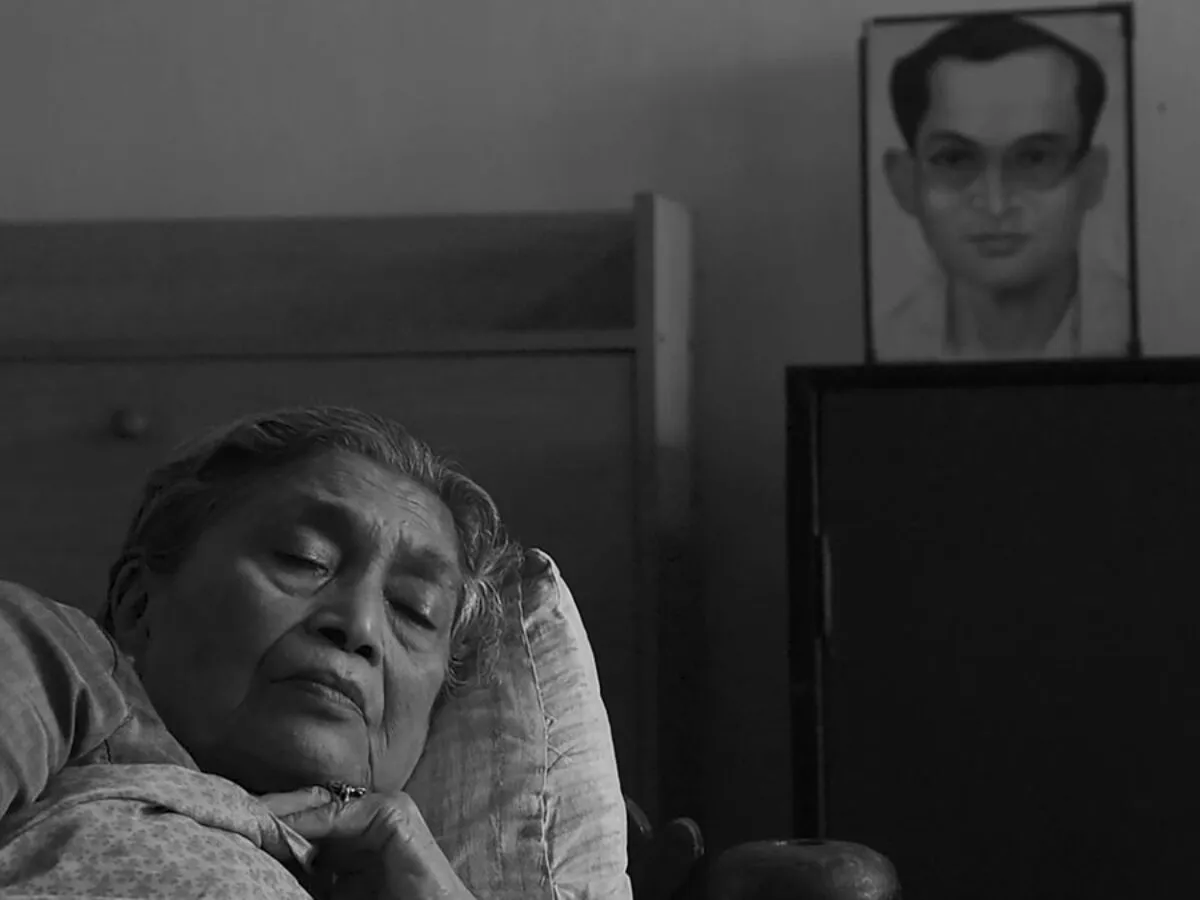- Tuesday, April 08, 2025
The festival will be held from January 25 to February 4.

By: Mohnish Singh
Assamese filmmaker Mehdi Jahan’s debut feature film Joymoti Never Left (Tumi Najaba, Joymoti) will have its world premiere at the 53rd edition of the International Film Festival Rotterdam, 2024 (IFFR 2024), producers said in a statement Thursday.
Joymoti Never Left earned the distinction of being only the second Assamese feature film, after Jahnu Barua’s Hkhagoroloi Bohu Door (It’s a Long Way to the Sea) in 1996, to be officially selected for the International Film Festival Rotterdam (IFFR).
Joymoti Never Left is produced, directed, shot, and co-edited by Mehdi Jahan. The film is co-edited by filmmaker and editor Duttatreya.
It will be screened in the ‘Cinema Regained’ section of the festival, which, as the official IFFR site mentions, is “a sphere of collective remembrance and imagination offering restored classics, documentaries on film culture, and explorations of cinema’s heritage”.
The festival will be held from January 25 to February 4.
The daughter of the first Assamese filmmaker, Jyotiprasad Agarwala, Satyashree Agarwala Das, his grand-daughter, Radha Das, and great-grandson, Raghu Pratap, not only star in the film, but they took an active part in the film’s production.
Jyotiprasad Agarwala made the first Assamese film, Joymoti, in 1935 and was a polymath who left behind an incredible body of work, which includes numerous plays, songs, and poems.
Joymoti Never Left fuses fiction, fantasy, and documentary elements to create a dreamlike portrait of Jyotiprasad Agarwala through the eyes of Satyashree Agarwala Das, Radha Das, and Raghu Pratap, where the focus is firmly on his much-overlooked inventiveness as a filmmaker and staunchly feminist ideals.
As renowned German film critic and curator Olaf Möller states on the official site of IFFR, “past, present, and future become one in this essay on cultural heritage and its various political and spiritual dimensions.”
Before this film, Mehdi Jahan made several narrative and experimental short films in Assamese, which were screened and awarded at various prestigious international and national film festivals.